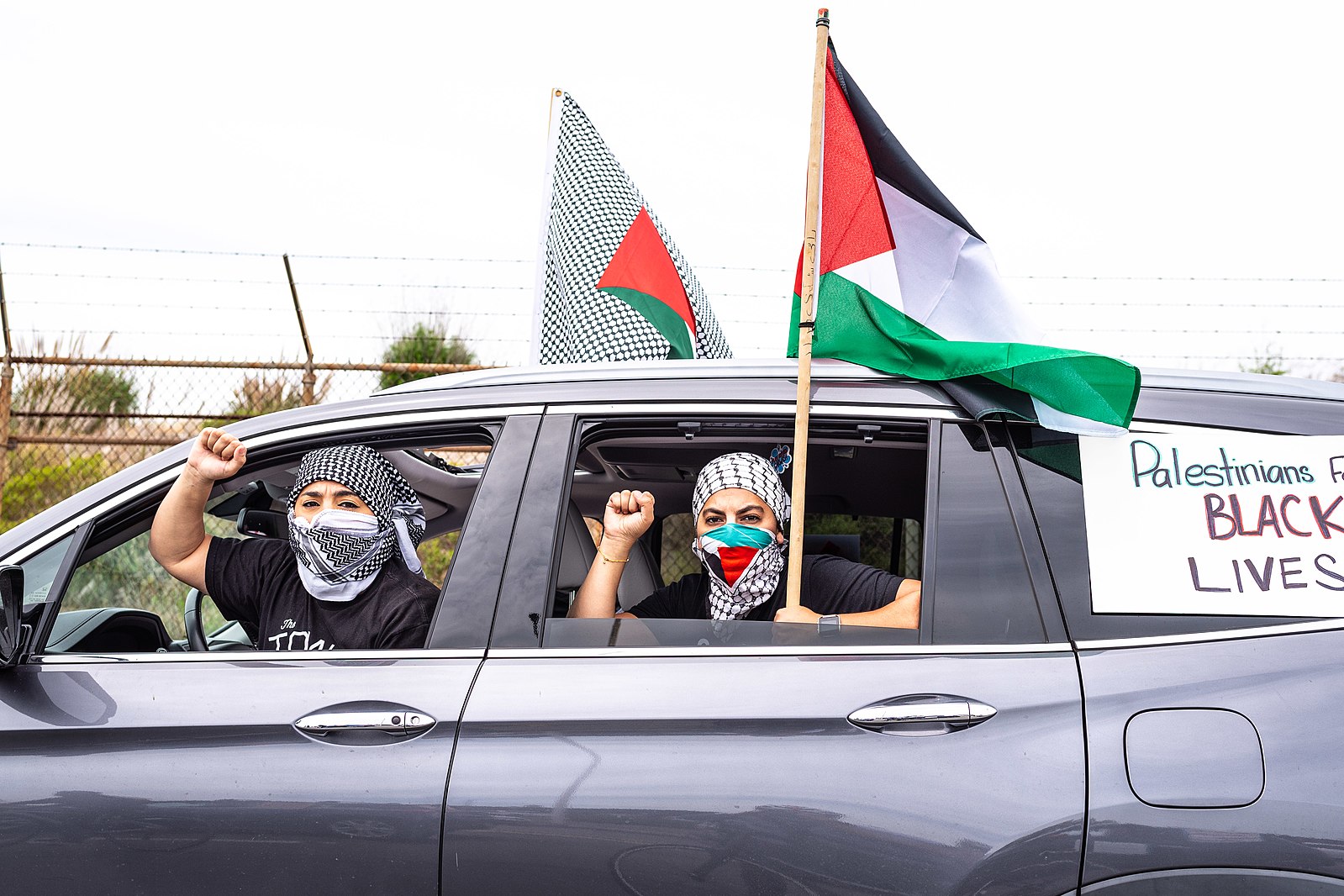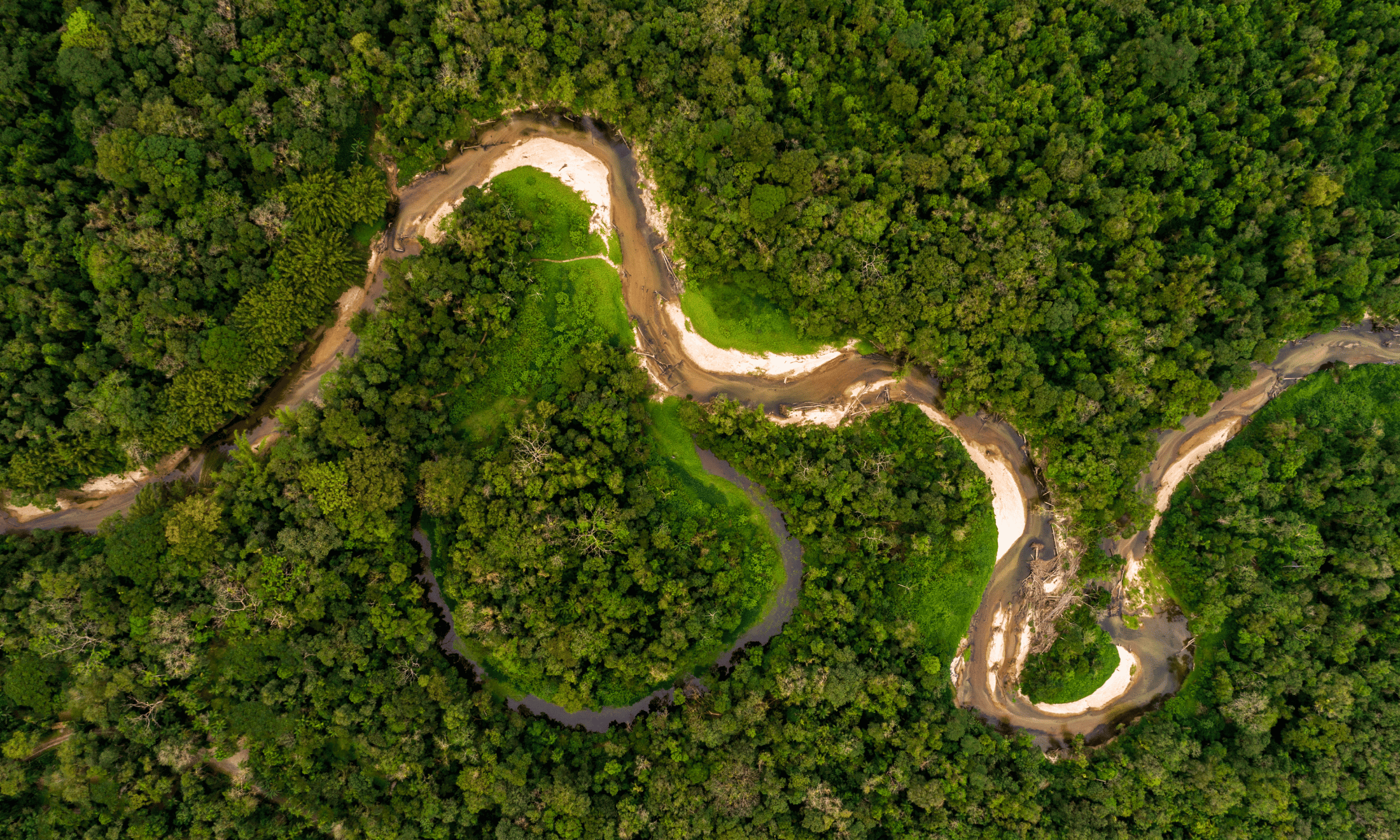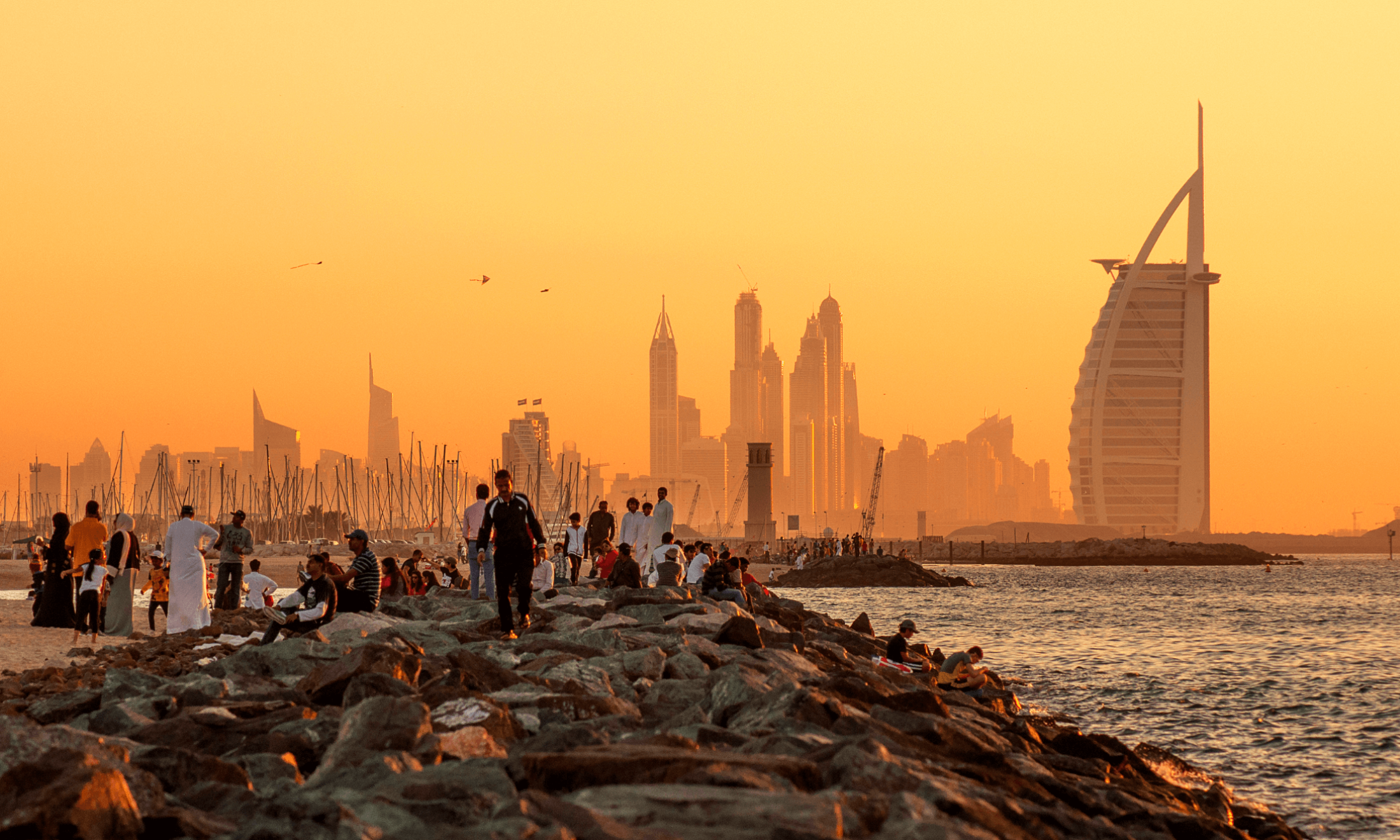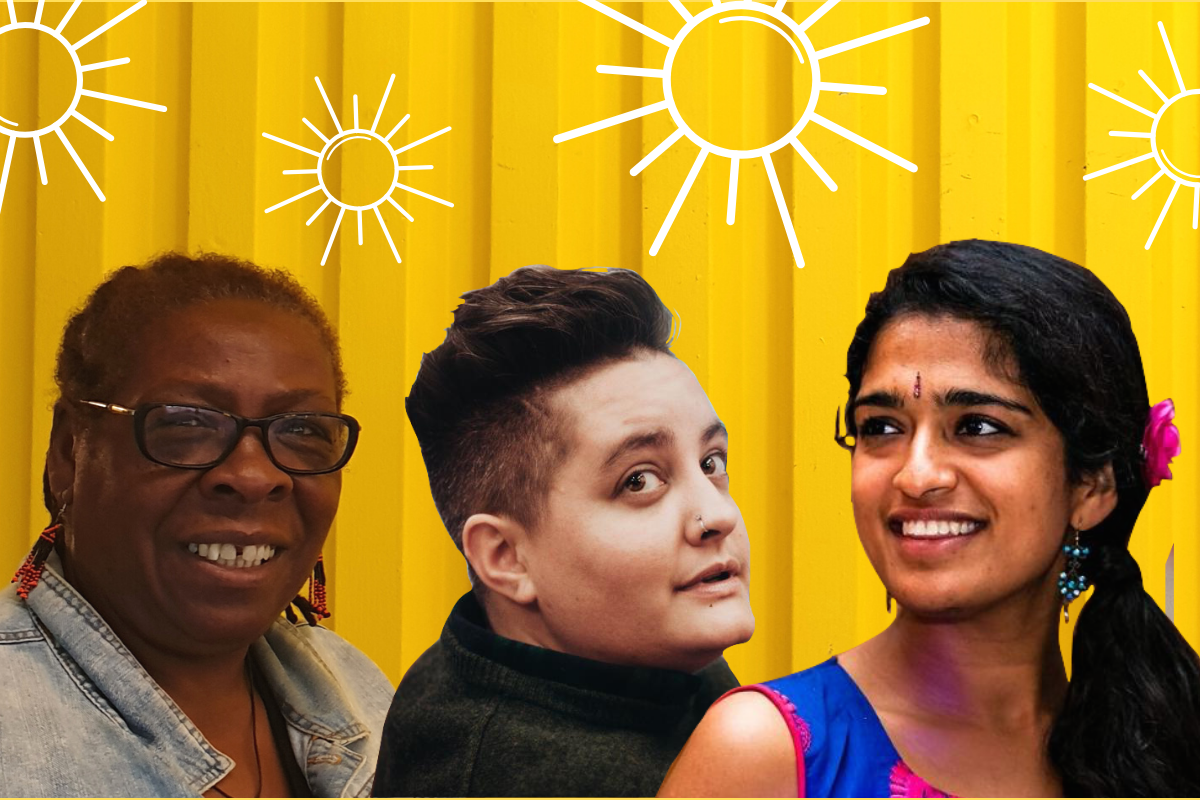
The environmental movements in the Global North in all their guises and with all their intricacies have been hard to ignore in the past year. Whether it’s school kids striking, campaigns to reduce plastic waste, new energy being pumped into the campaign for Green New Deals or Extinction Rebellion’s highly-contested belief that getting as many people arrested as possible will motivate governments to take action on climate change; the environmental movement has had a busy 18 months.
Historically, in the UK, the movement has been white, middle class and frankly full of the type of racism and classism that marginalised people might expect from such a space. The understanding of climate change in these spaces has largely been framed around the idea that the climate crisis is on the horizon, awaiting future generations. However, many of us with heritage in the Global South know about and have witnessed the impact climate change is already having on our communities around the world.
“Movements in the Global South and indigenous North have been doing the most to halt catastrophic climate change”
People of colour have been involved in tackling environmental issues for decades, from fighting against incinerators, protecting our homelands and water sources, to devising solutions to end poverty or achieve food justice. We have been at the forefront of the struggle for climate justice for decades. Groups and movements in the Global South and indigenous North have been doing the most to halt catastrophic climate change caused by centuries of colonial exploitation of the planet’s finite resources. Honouring and remembering the work that has been done in the past is so important. Those who have done and given so much in decades gone have ultimately created the foundations which allow us to do the environmental work happening today, whether that’s educating the masses or running community projects to demonstrate the solutions.
Who are some of these people and what are the lessons we can learn from them?
Nim Ralph
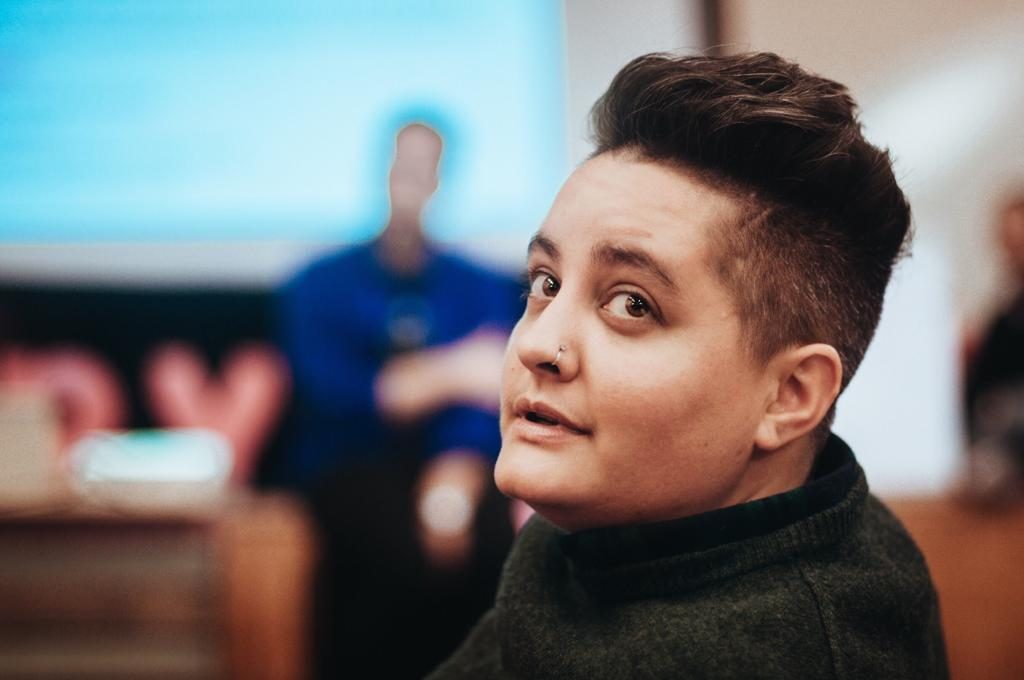
Nim Ralph, a trans rights activist and freelance strategist and facilitator, joined the first climate camp as a student in Edinburgh. Nim’s work over the past decade since that camp has involved, as they describe, envisaging “new ways of being in new worlds”, and moving away from a politics of fear which breeds urgency, and in turn oppression. As we sit down, they tell me that “imagination is radical weapon”. They speak from experience: what started out as feeling a sense of community when they first got involved in climate justice organising, quickly progressed into feelings of isolation. During this time, Nim was also learning more about race, class, gender and disability – gaining knowledge that would eventually lead them to leave the movement and focus their energy elsewhere.
Nim went from shutting down nuclear power stations to raising questions about the impact their actions were having on the local community. Each time they did an action, the power station workers would express anger towards the group, but the activists would go away feeling self-righteous. The resistance work was inaccessible and short-term; activists would turn up for a week of the year, then leave forgetting about the people in the community who were impacted every day by environmental degradation. There was a distinct lack of collaborative working, which prevented long-term change. When Nim raised this in the group’s meetings, they were shouted at for being “difficult”. The urgency of the issue and the egos of those activists were apparently more important than the lives of the people in those communities.
“Nim couldn’t understand why activists put so much energy into judging people who were simply making choices based on limited resources”
Back in the movement spaces, Nim saw moralism becoming a dominating force, with comments being made about how “we don’t shop there” or “we don’t buy that product”. Nim couldn’t understand why activists put so much energy into judging people who were simply making choices based on the limited resources available to them. They also noticed fellow activists judging people for having flat screen TVs, and then going home to their parents’ oversized houses with numerous flat-screen TVs, or treating their belongings like laptops with little care, knowing that if they broke or lost them, their parents would just buy them another one.
Things came to a head when people started expressing their problematic opinions on race or class. Nim found it terrifying and began to feel disillusioned. They knew they needed to leave the movement when, after having major surgery, none of their friends turned up to support them. They remember receiving a meagre text message from one friend a week later. These were supposed to be some of their best friends, who they had lived with for several years, and had carried out some intense direct actions alongside.
Nim went onto co-found and run So We Stand, a group which organised with frontline communities to challenge environmental injustices. Nim credits the group for bringing to the fore the need to centre racial and class justice when talking about any environmental justice issue. After So We Stand, Nim worked on a range of social justice work around the country and today, they train activists and organisers.
“In words of Angela Davis, ‘you have to act as if it were possible to radically transform the world'”
Nim goes on to tell me that we need to “hold space for each other’s trauma. We are all trying to survive – we need to be compassionate with each other, accepting people as their whole selves is part of that. We need a deeply compassionate culture and we need to end cancel culture within our spaces”. Nim urges activists to learn what it truly means to “organise” and to not just critique but actively build. As we part ways, they leave me with the words of Angela Davis, “you have to act as if it were possible to radically transform the world. And you have to do it all the time.”
Yvonne Field
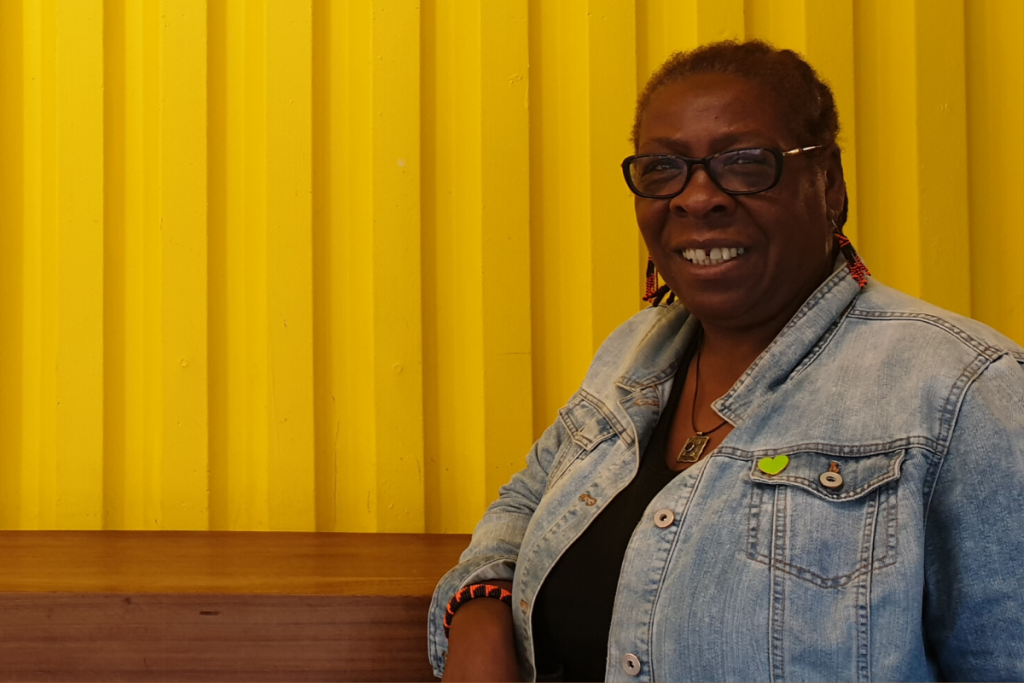
Much of Yvonne Field’s work is about bringing people together to create the solutions, communities and cultures they need in the here and now. In her own words, she is “a bit of a social justice warrior”, and she believes you can facilitate pockets of social justice in communities. That, she tells me, is what she loves about what she does; the knowledge that she has the power to make change is what gets her up in the morning, and to work on a Saturday. Yvonne is extraordinarily fearless – and the world needs brave people like her to do the work.
Yvonne has spent the last 40 years undertaking different types of work to bring about social change and now runs Ubele, an African diaspora-led intergenerational organisation which seeks to build more sustainable communities across the UK. Ubele co-runs Wolves Lane, a community led growing space in North London. Wolves Lane is open every Sunday for visitors to meet the volunteers, take a tour of the site, and enjoy tea with new friends (I highly recommend checking out the Palm House!). Through Wolves Lane, Yvonne is supporting the establishment of Black Rootz, a group of extraordinary black growers who are establishing their own growing space and practice. Collective organising isn’t always easy, but Yvonne places great value on the process, telling me an old adage which has served her well: “if you want to go fast, go alone, if you want to go far, go together”.
“At 13, Yvonne found herself with little to do outside of school so decided to start a youth club in her local area”
Yvonne is the youngest daughter of 10 children, born to working class parents who are part of the Windrush generation. At 13, Yvonne found herself with little to do outside of school so decided to start a youth club in her local area. She used the local church hall on a Friday night, and so many young people from the neighbourhood began turning up that the local authority assigned them a youth worker. At university, Yvonne worked with women’s groups to bring people together. After graduating, she worked at the now-defunct Lambeth Girls’ Project, working with young girls to challenge sexism and racism. She then moved on to develop one of the first accredited youth work and play training mentoring programmes in the UK.
Yvonne spent her late 20s working across the Caribbean, training community development workers and advising governments on youth policy issues. As a young black British woman, she found working in the hierarchical established and systems dominated by men a challenge, and so started her own consultancy. She later worked in the UK and South Africa with Reos Partners, a social enterprise which supports people to develop systemic change projects. This work led her to ask questions about how community-led efforts to tackle some of the social and economic challenges facing the black community in the UK were (or weren’t) being supported, and the thinking this provoked gave birth to what is now Ubele.
Yvonne wants younger social change makers to learn to create solid, meaningful partnerships. She encourages people to find others with similar interests and passions, and explains: “the skills you need to do the work will come to you. Collaborate, share out the work and always deliver”. Reflecting on the support she’s received over the years, Yvonne also talks a lot about the importance of being generous, of doing things without expecting anything back. Her maxim seems to be: what you give will come back to you in other ways. What’s important is that you sow the seeds with your own generosity.
Shilpa Shah
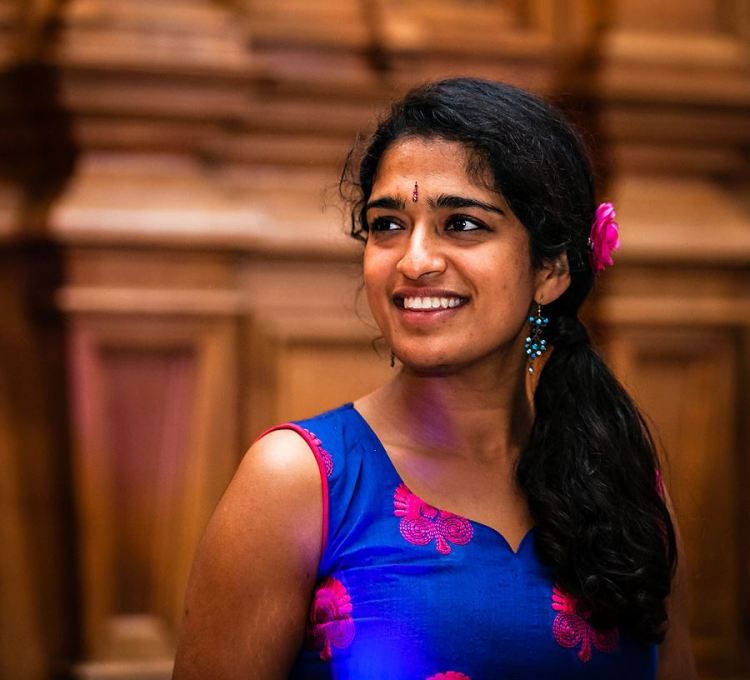
“We can’t relate to each other in healthy ways until we relate to ourselves in healthy ways” explains Shilpa Shah, who has been on a long journey for the last 15 years. After university, she volunteered at a grassroots women’s empowerment organisation in Gujarat, India, where her family is from. In Gujarat, she saw people on the margins supporting each other, building each other up and using creative methods which saw everyone have ownership of the work.
She came back to the UK and started the Akashi Project in her hometown of Cambridge, alongside Ro Randall and Andy Brown, founders of Cambridge Carbon Footprint, an organisation which supports people to move to low carbon living. The Akashi Project seeks to facilitate community discussions and action on climate change which goes beyond guilt, shame and inactivity. Her work in Cambridge included speaking in schools, mosques and gurdwaras, where she says she learned more than she taught; organising a festival for 400 people, focused on taking action for climate justice and hosting climate change mehndi parties with Bengali schoolgirls.
In 2008, Shilpa left the Akashi Project in her mum’s capable hands and went to work at Friends of the Earth (FOE), where she worked to support communities worst affected by environmental injustice to use the law to fight against it. She found herself facilitating groups who were trying to shift their organisation’s strategy – thinking about how decisions were made and power was shared, the theory of change they employed, and how FOE’s local groups could be strengthened. However, constantly pushing FOE to get serious about understanding and tackling racism, misogyny and classism eventually burned her out and she left.
“Shilpa explains:
‘Taking care of our whole selves is part of the decolonising process'”
Shilpa then began running singing workshops for activists, quickly realising that a lot of the people coming along had experienced trauma. For Shilpa and the singers, accessing breathing work and using their voices in a non-judgemental space was immensely valuable and the workshops spun off into a group called My Heart Sings, which still meets today. “We should always remember to respect the body, the heart and the spirit,” Shilpa explains. “Colonialism stripped all that away to give value to the brain, intellect and productivity. Taking care of our whole selves is part of the decolonising process”.
Shilpa’s advice to younger activists is to follow your heart and also be intentional about setting up your communities of support; she tells me that “working in a group with others and being together is much more effective than going it alone”. Shilpa also urges activists and organisers of all ages to proactively create thoughtful, intergenerational and intersectional spaces for honest conversation – to share learning and appreciation for each other and find ways to disagree safely and productively. Conflict handled well, Shilpa stresses, can bring about transformation.
While Extinction Rebellion are hitting the headlines, less is known about the organisers of colour who have worked to support others to think about what a just society could look like, and the kinds of movements we need to help us get there. The new work of climate justice organisers necessarily stands on their shoulders – budding activists risk making the same mistakes again if new movements aren’t plugged into the skills, knowledge and learnings which come before them. As we look towards a coming general election in the UK, where political parties will be competing for votes on environmental issues, we can feel reassured that environmental justice organising has long preceded and will long continue beyond 12 December. We should have immense gratitude for the firm foundations provided by organisers like Nim, Yvonne and Shilpa, which stand our movements in good stead for the steep road ahead.



